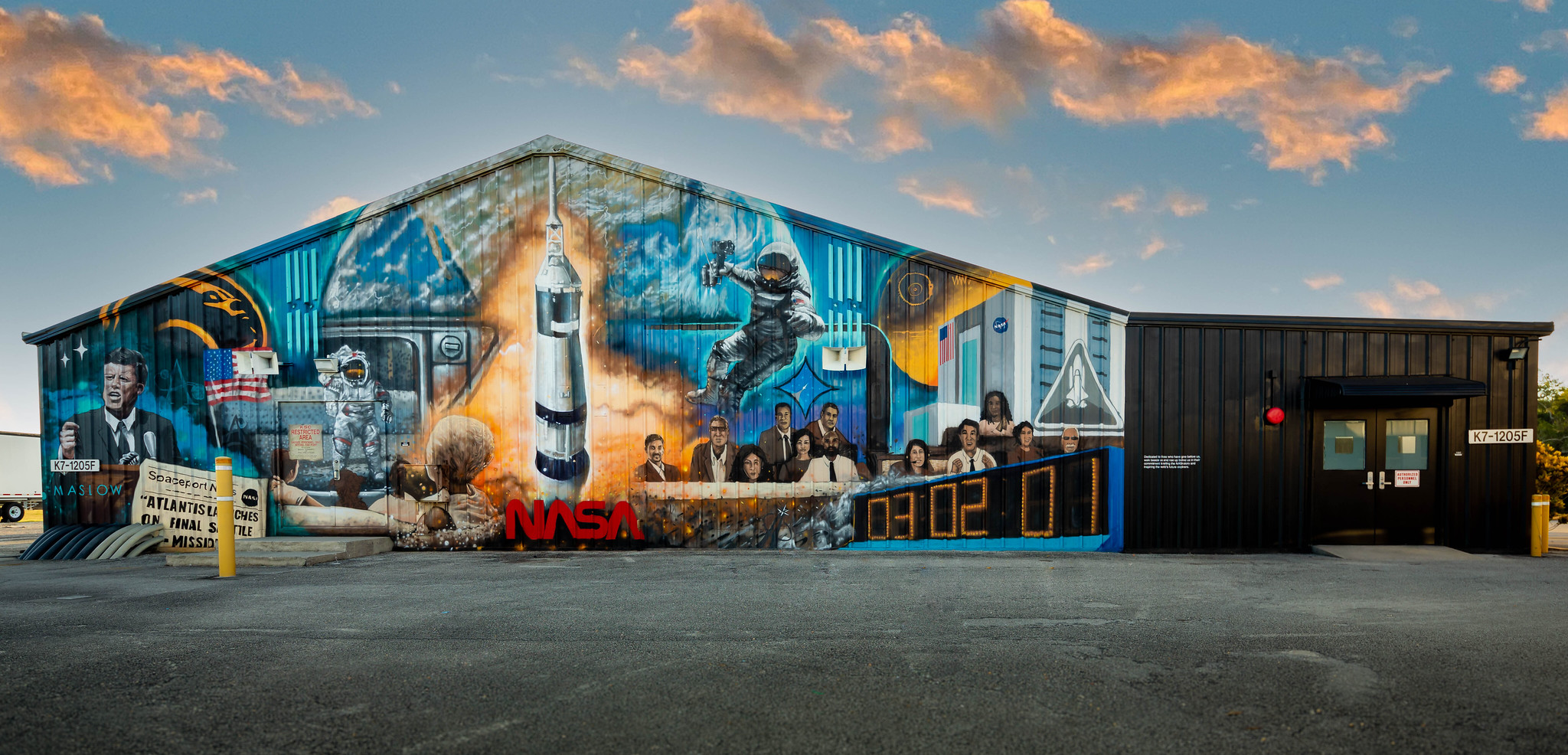
KSC History
The National Aeronautics and Space Administration (NASA), was established as a U.S. civilian agency on Oct. 1, 1958, charged with providing “research into the problems of flight within and outside the Earth’s atmosphere, and for other purposes.” Cape Canaveral, Florida, which served as a U.S. military rocket test site starting in 1950, was the initial launch site for NASA rockets. In 1962, following the decision to build a rocket that could launch men to the moon, NASA established its Launch Operations Center on northern Merritt Island, adjacent to Cape Canaveral. This site became the Kennedy Space Center (KSC) in 1963.
KSC has since served as the launch site for most of NASA’s human space missions, starting with the Apollo Program in the late 1960’s, which flew men to the moon and put Skylab in orbit, transitioning to the Apollo-Soyuz Test Project Program in 1975, then supporting all 135 launches for the Space Shuttle Program from 1981 through 2011, which resulted in the assembly of the International Space Station (ISS). The KSC workforce processed and maintained NASA’s Space Shuttle orbiter fleet, refurbished and processed the reusable solid rocket boosters that powered the Shuttle to orbit, and processed all of the components for the ISS as well as all of the science payloads. KSC also supports the unmanned NASA launches that lift off from nearby Cape Canaveral Air Force Station by assembling and testing the payloads.
KSC’s distinguished record of achievement in the development and conduct of space vehicle checkout and launch operations – spanning more than 50 years – is unmatched. Today, those capabilities are focused on preparing the center for NASA’s new Space Launch System, which will launch the new Orion capsule, while also working with multiple commercial launch providers focused on transporting crew and cargo to the ISS. In addition, the KSC team is sharing its facilities and expertise with a growing list of external customers, creating a dynamic, evolving base of economic activity that will support a new generation of explorers and innovators.